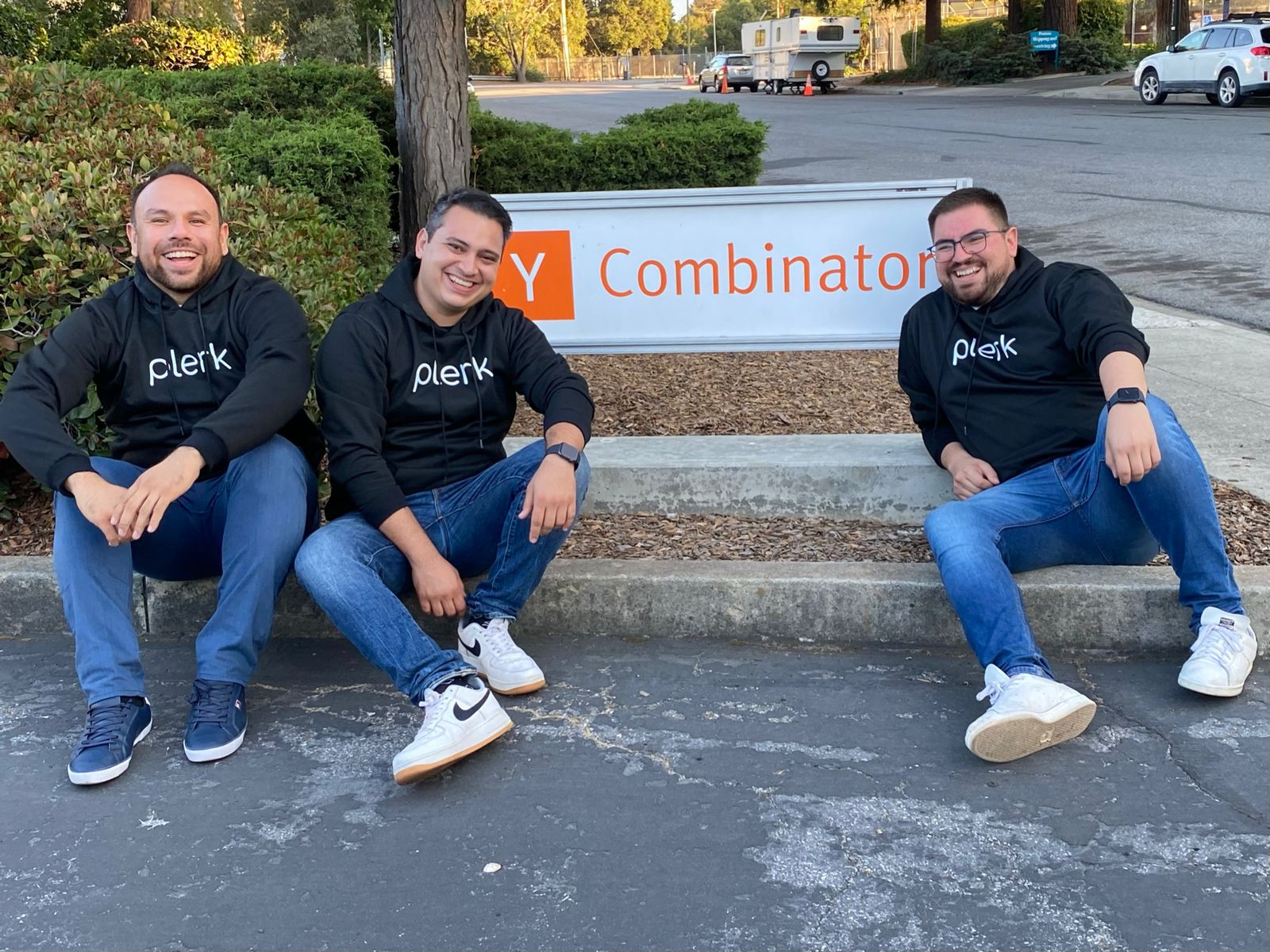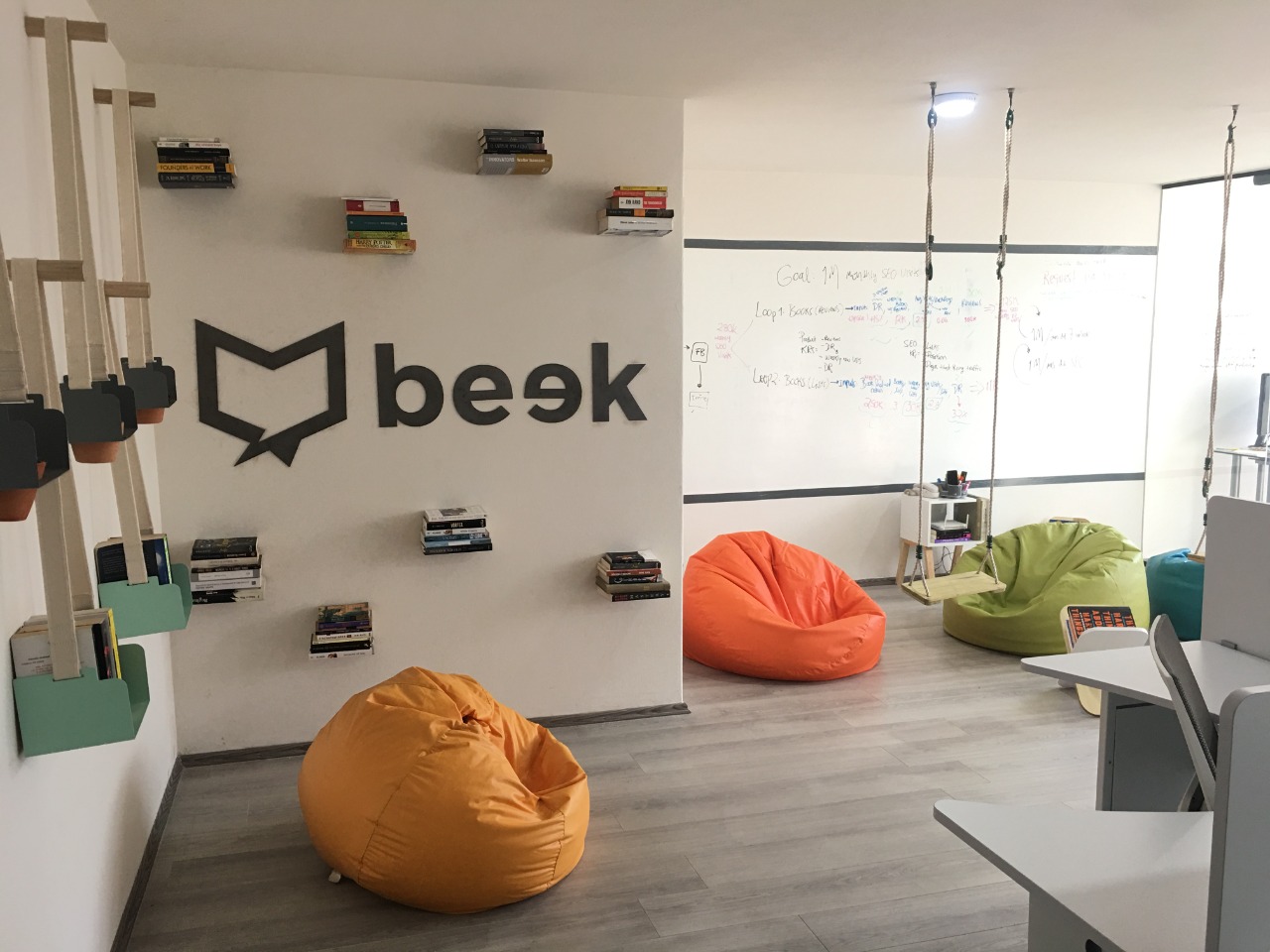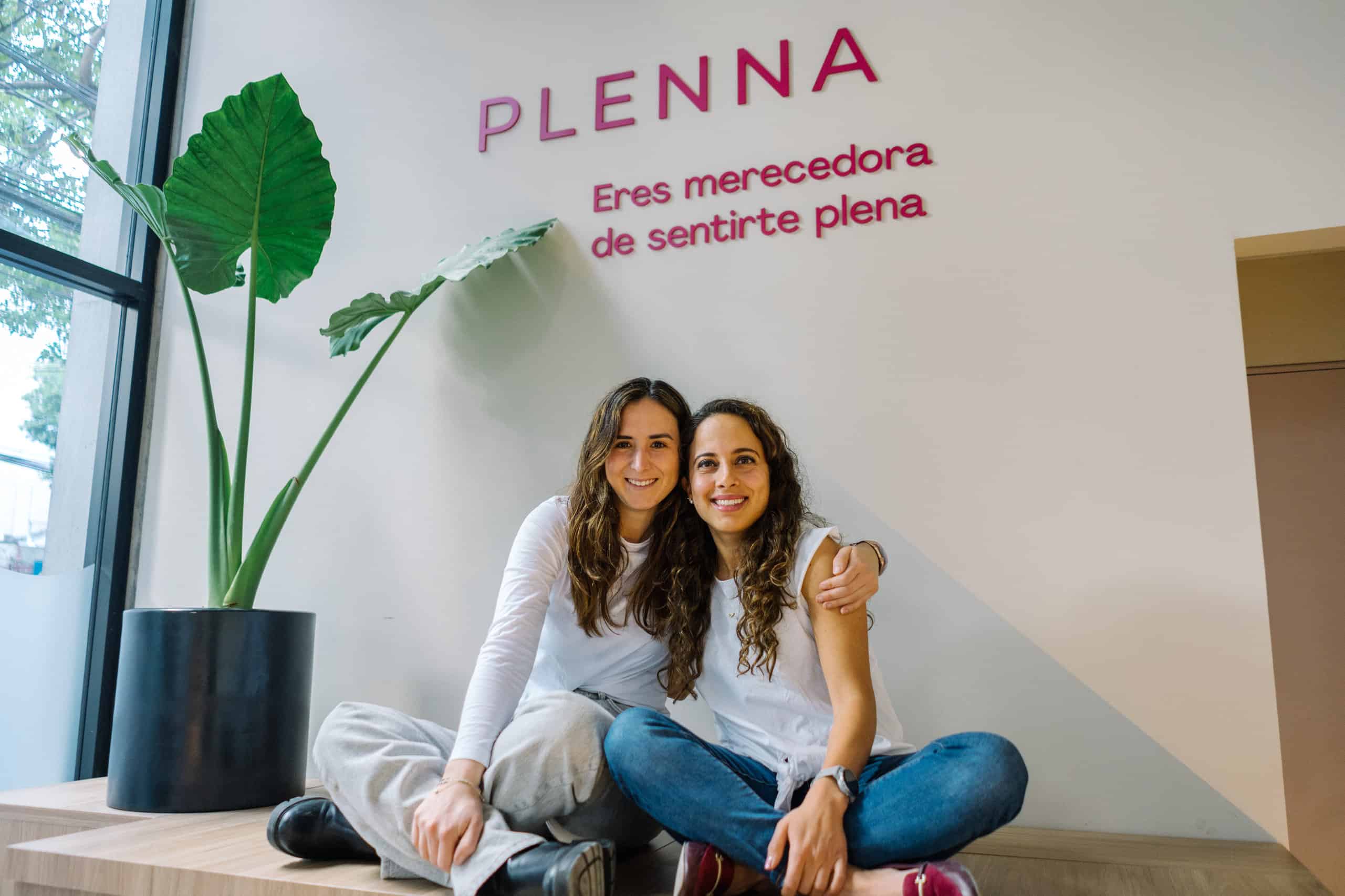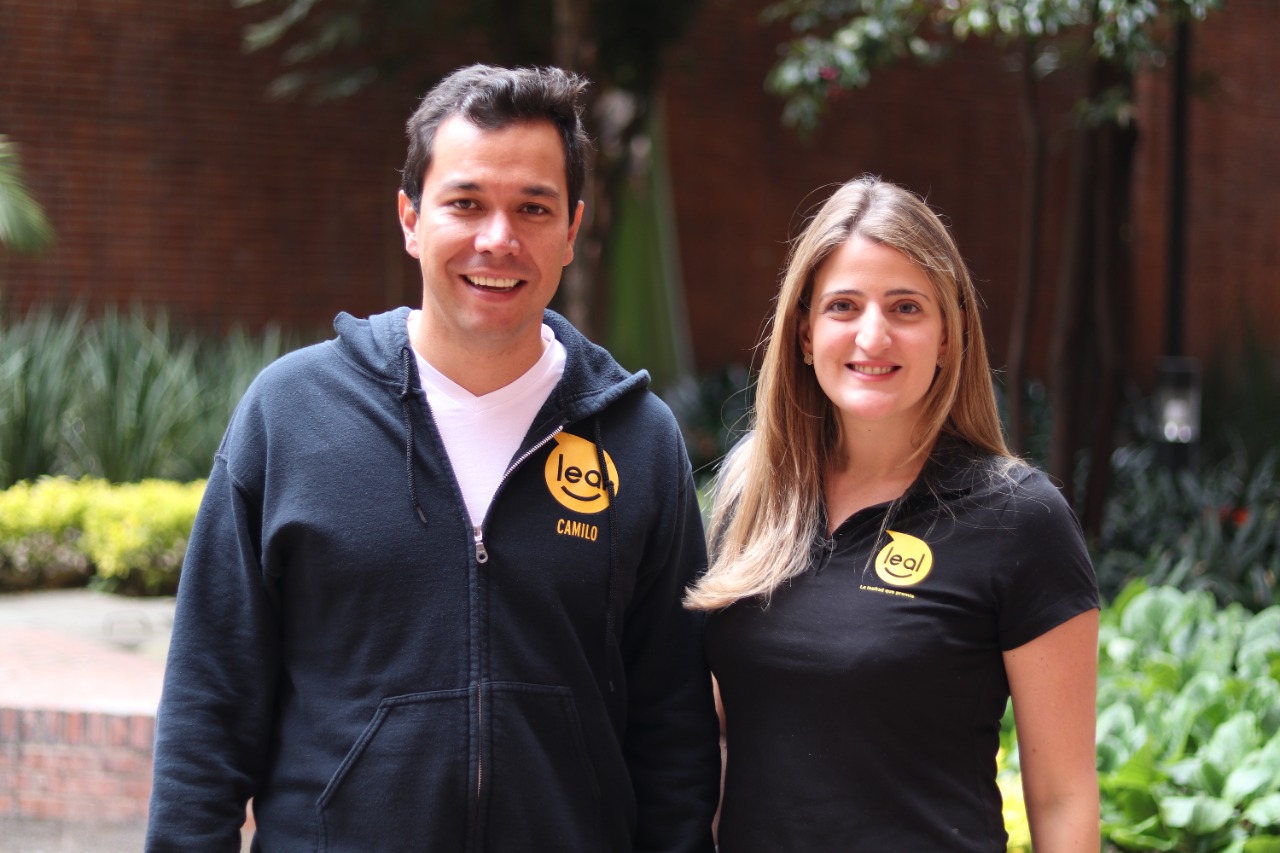Like several other companies that managed to see an opportunity for improvement during a difficult time, Plerk emerged during the Covid-19 pandemic.
Its founders are Miguel Medina and Ángel Arias, who worked on the expansion of Rappi in Mexico and Latin America. They joined Antonio Martínez to create Plerk when they realized that the benefit vouchers that companies usually grant to their employees are generally not that useful or beneficial.
What Plerk offers as a platform are flexible benefits and management of plans better adapted to the needs of the collaborators. The purpose of this startup is to encourage the human work of local or remote teams so that, consequently, the efficiency and performance of companies is accelerated.
Plerk’s founders had been entrepreneurs before. In 2019 they created Isibit, an all in one platform for business trips. However, the health crisis and lockdowns during 2020 were definitely not the perfect timing for Isibit to prosper.
After joining Y Combinator, the founders rethought their business model and that’s when Plerk was born. In YC they raised a pre-seed round of US$1 million with the contribution of other funds such as Magma Partners, 500 Startups, Peak Capital, Horseplay Ventures and MGV Capital. They also had individual investors such as the co-founder of Rappi, Andrés Bilbao, and Daniel Bilbao of Truora.
To learn more about Plerk, we spoke with Miguel “Mike” Medina, who serves as co-CEO of the company along with Ángel Arias.
Contxto (C): When you were part of Rappi did you identify some important points as ideas to undertake?
Miguel Medina (M.M.): For us, Rappi was a way of life. But both Ángel and I thought that if one day we left it would be to start a business because it was what we both wanted to do. In what? We had no idea. That led us to imagine all possible areas.
There came a time when a great mentor, Fabián Gómez Guitierrez, left Rappi to start Frubana. That’s when we realized that it was possible. And so, Ángel and I kept bouncing ideas about ventures until we clearly identified a need in the market.
C: At what point did you realize that Isibit was not meeting your expectations as founders?
M.M.: We realized that the platform was not what we wanted. It was a very interesting moment because as an entrepreneur you are in love with your product, but the key is to fall in love with the problem to be solved. For us, that problem was to make life easier for employees. Solving it is something that can be done from different angles.
In the case of Isibit, what failed was the solution, not us as entrepreneurs. Our responsibility was to see that and just start over. We talked to the 15 people who were part of Isibit at the time. Because we were honest with them, they decided to become part of what is now Plerk. That also showed us that the work culture and honesty is very valuable within a startup.
C.: What solutions does Plerk offer?
M.M.: We are the revolution of food vouchers. We realized that the traditional vouchers on the market do not work. Most people who have a voucher card allow it to expire or do not use it because to do so they must go to places that aren’t the stores where they usually shop.
We saw a great opportunity for disruption there, and thus Plerk was born. Today we are helping companies to provide flexible benefits and benefits to their employees, regardless of where they are based, taking into account the current remote world and diversity of geographies or profiles that exist in companies.
For example, what happens if 80% of a workforce is distributed throughout Mexico, but 20% lives elsewhere? These people automatically do not have the same benefits as employees in Mexico. To prevent this from happening, today we have more than 11 countries covered.
Plus, we give employees the freedom to choose what they want to spend their benefits on. 90% of Plerk card funds are currently used. This tells us that the benefit is being used correctly.
C.: What has it been like navigating the world of capital raising?
M.M.: Honestly, we had it a bit difficult with Isibit. We were fundraising for a whole year and we never made it. I’m sure I talked to over 600 investors directly, and we tried to reach over 5,000 via email.
With Plerk it was totally different. We realized that we had a pretty good product and at the same time there was something very interesting in the world of startups: Twitter and Clubhouse. I didn’t know their power and they were really very useful to connect. That’s how I came across the two investors who opened the doors to the “real” world of venture capital for us. From that moment on, everything accelerated for our pre-seed round. This year we are looking for the seed round.
C.: How do you currently see the panorama of capital raising in Latin America?
M.M.: I’ve found that raising capital is easy when you have a good product. There is a lot of movement in the market; there is a lot of capital. If an entrepreneur has a good product with healthy metrics, surely many will succeed. One thing I can definitely say is that the ecosystem belongs to everyone; it shouldn’t just be for the “winners”. We are all winning at the same time and we must support each other.
You may also be interested in: Rappi does everything, even new startup founders







